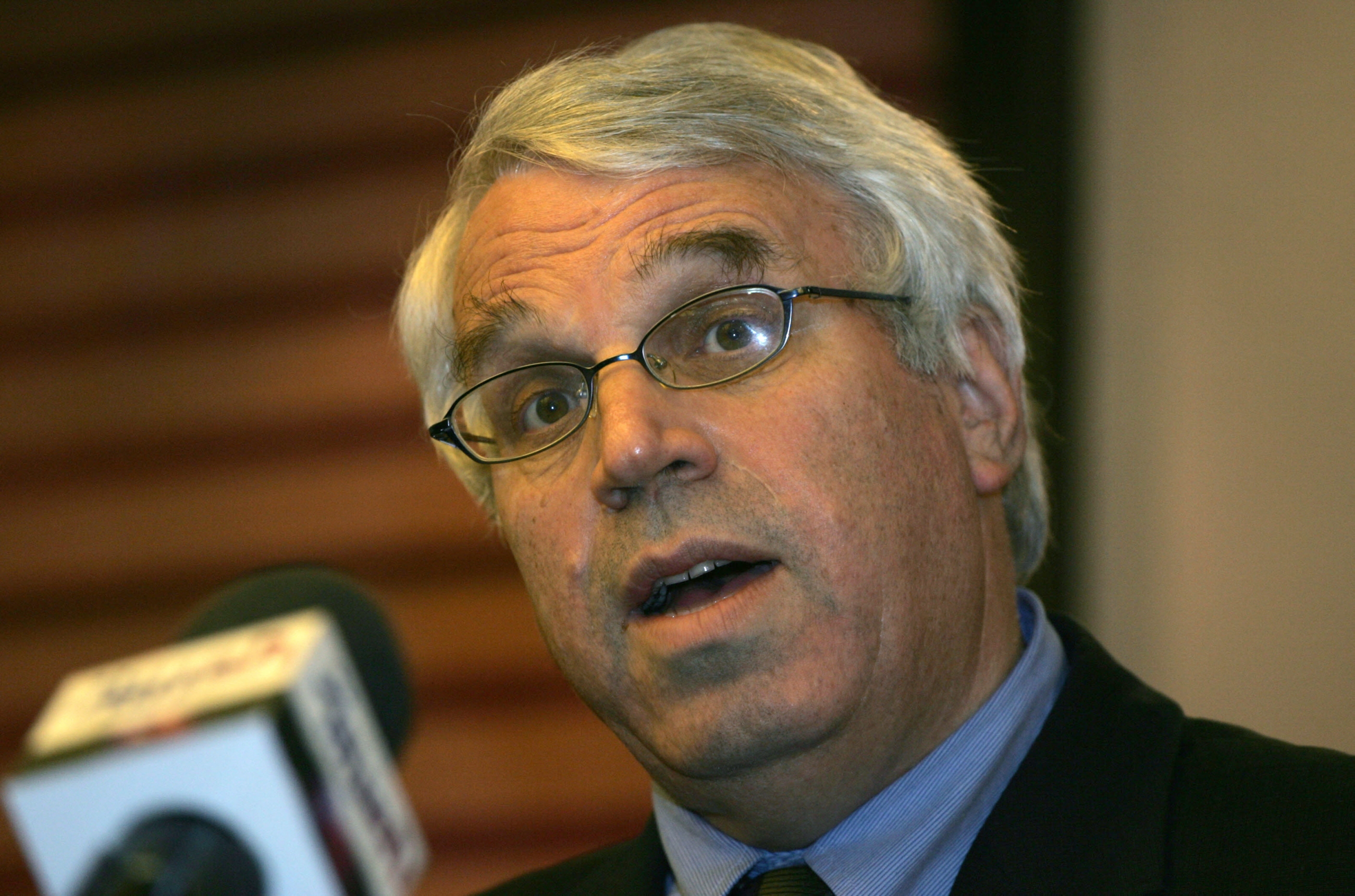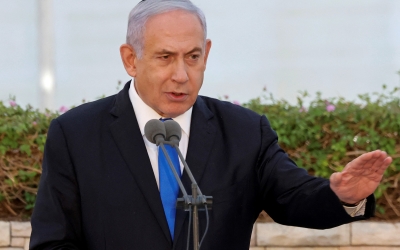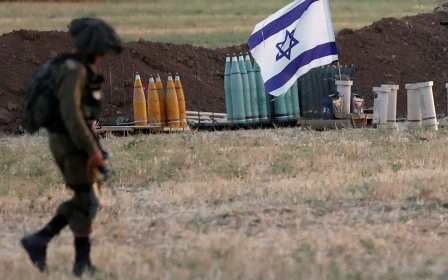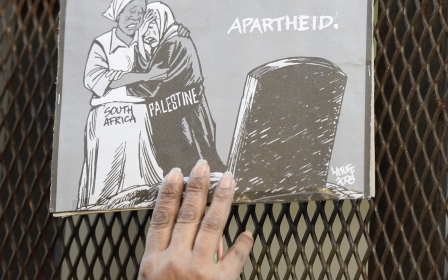Israel-Palestine: Former Israeli ambassadors to South Africa call occupation 'apartheid'

Two former Israeli ambassadors to South Africa have called the Israeli occupation of the West Bank “apartheid”, drawing parallels with South Africa’s system of institutionalised racial segregation that ended in 1994.
In an opinion piece published on Tuesday by GroundUp, a South African news website, former ambassadors Ilan Baruch and Alon Liel, who also served as director-general of the Israeli Foreign Affairs Ministry from 2000 to 2001, wrote that the situation in Israel-Palestine was one of inherent inequality.
“For over half a century, Israel has ruled over the occupied Palestinian territories with a two-tiered legal system, in which, within the same tract of land in the West Bank, Israeli settlers live under Israeli civil law while Palestinians live under military law,” they wrote.
Pointing to illegal Israeli settlements in the West Bank, Baruch and Liel suggested that the Israeli government was inspired by South Africa’s Bantustan project, whereby black inhabitants were segregated from South Africa’s minority white population.
“The West Bank today consists of 165 'enclaves' - that is, Palestinian communities encircled by territory taken over by the settlement enterprise,” they wrote.
“The Bantustans of South Africa under the apartheid regime and the map of the occupied Palestinian territories today are predicated on the same idea of concentrating the 'undesirable' population in as small an area as possible, in a series of non-contiguous enclaves.
“By gradually driving these populations from their land and concentrating them into dense and fractured pockets, both South Africa then and Israel today worked to thwart political autonomy and true democracy.”
'A future of equality'
In the op-ed piece, the former ambassadors said that their time in South Africa had led them to better understand the reality in Israel-Palestine and that the world must stand up for Palestine as they did against apartheid in South Africa in the 1990s.
Liel was ambassador to South Africa during the transition from apartheid from 1992 to 1994, while Baruch served from 2005 to 2008.
They also warned that the Israeli occupation was not temporary and that the Israeli government had no political will to end it.
“It is time for the world to recognise that what we saw in South Africa decades ago is happening in the occupied Palestinian territories too," they wrote.
"It is time for the world to take decisive diplomatic action in our case as well and work towards building a future of equality, dignity and security for Palestinians and Israelis alike.”
Baruch and Liel have long worked as part of an Israeli campaign to advance the recognition of a Palestinian state by European governments.
Middle East Eye delivers independent and unrivalled coverage and analysis of the Middle East, North Africa and beyond. To learn more about republishing this content and the associated fees, please fill out this form. More about MEE can be found here.





